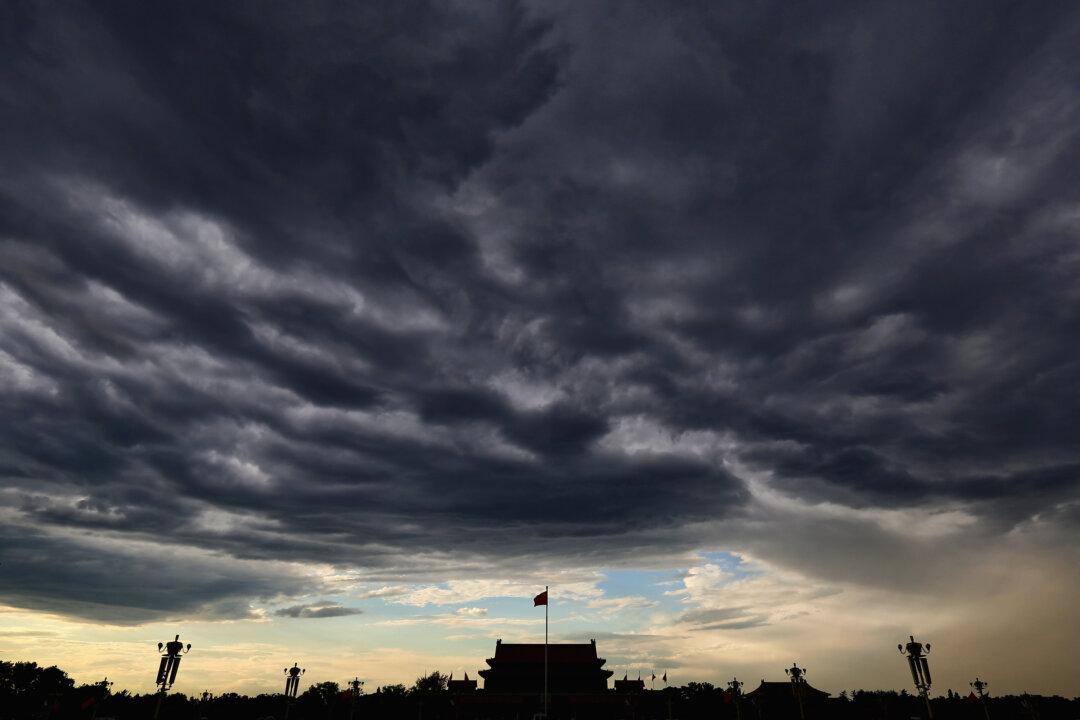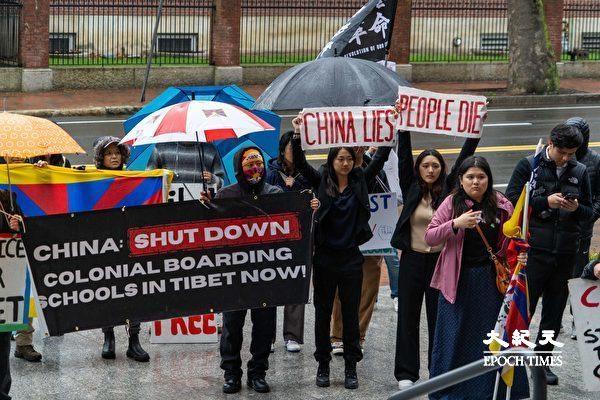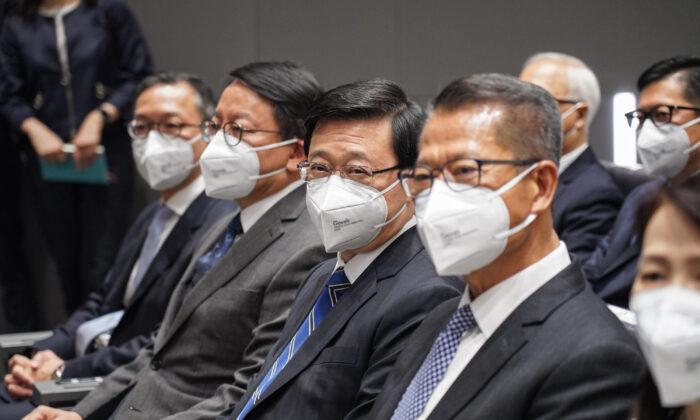Beijing recently unveiled its unified domestic market system as residents in Shanghai face food shortages due to the regime’s strict COVID-19 lockdown measures. The latest economic plan has left the public wondering if it will lead to a major disaster reminiscent of the Mao Zedong era.
On April 10, the Chinese Communist Party (CCP) issued guidelines to accelerate building a unified market to “break local protectionism and market fragmentation” in order to promote a regulated, competitive, and open market across the country, according to Chinese state media.
Is the CCP Preparing for War?
State-run media CCTV touted that a unified market would better manage the massive domestic market and transactions between Chinese and international markets.However, the feasibility of a unified market is questionable.
Frank Xie, a business professor at the University of South Carolina Aiken, told The Epoch Times on April 12 that the CCP’s unified market system is “contradictory.”
“The ‘unified’ means it is no longer free and competitive and, thus, it’s not a market but a monopoly, or arbitrariness,” he said.
Chinese mainlanders are familiar with the system—it’s also known as a unified purchase and sales, according to Xie. From the perspective of price, the CCP could easily initiate a political movement to “crack down on speculation of price and sales,” he said.
Xie indicated that unified purchase and sales would cause a severe shortage of various products, including food. An example of such a disaster is the Great Famine (1959-1961).
Xie also said rent-seeking and corruption usually occur in a unified market system.
Xie took the e-commerce giant Alibaba as an example. The CCP punished the company’s co-founder, Jack Ma, through its regulatory clampdown of the fintech sector. In a nutshell, he said, it’s a matter of controlling both the money and the people.
He believes that the CCP is implementing a unified market system to prepare for war, as unified purchases and sales are the best economic reserves in wartime.
“We saw that China hoarded over half the world’s grain last year,” he said, “it’s an indication of the CCP’s war preparation for fear of losing its power.”
Xie said that the unified market system is part of the CCP’s efforts to increase domestic consumption to prop up an ailing economy.
In the CCP’s 2022 Work Report, Premier Li Keqiang proposed the economic strategy of boosting domestic consumption (or “internal circulation”) by “keeping production, distribution, circulation, and consumption in an orderly and smooth manner.”
“Applying big data in a unified purchase and sales and distribution is one way to promote domestic circulation,” Xie said.

Beijing Attempts to Implement a Unified Market System in Locked Down Cities
Amid the current lockdown of Shanghai, Xie believes that the supply distribution channel could be used as a test for implementing a unified market system. However, he thinks it’s not working.Shanghai residents have been trapped at home. Meanwhile, many online videos show locals running out of food because authorities failed to promptly distribute supplies from other regions. Most of the produce and meat were not delivered to the residents because many delivery trucks were not allowed to enter the city due to the lockdown measures.
Xie said that although the lockdowns have caused the collapse of the supply chain and distribution system, the CCP believes the surging COVID cases provide an opportunity to implement a unified market system, which the regime believes to be “its solution to the failing economy.”
China’s manufacturing activity also fell to 48.1 in March, the lowest level in two years.





